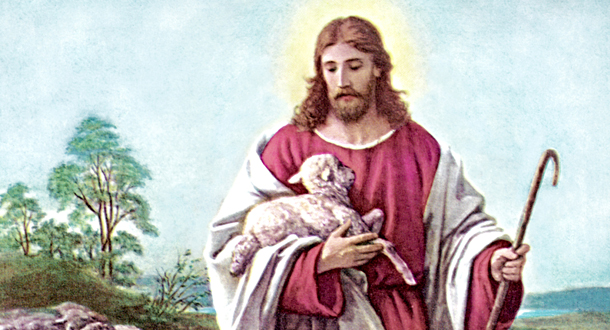
Scripture:
Reflection:
By the time of the composition of the Gospel of John, the Johanine community had several generations of faithful living, spiritual reflection and praying both personally and liturgically to draw upon.
One senses all these elements at work in the construction of today’s gospel text. One can see that these early Christians have wrestled with the mystery of God and indeed had already begun to see the Trinitarian Life of God and their own part in the mystery of their salvation.
I suggest ‘wrestling with’ rather than defining the mystery might be the more apt statement. There is always an element of faith at work in every relationship and it is a primary concern in our relationship to God. Indeed, the early church continued to grow in understanding of the mysteries of the trinity and the life of Jesus for some hundreds of years till the Council of Nicaea gave us formulas through which we might best articulate our faith.
But for today in this text, we see the community putting some of the essential pieces of the mystery in place. They have come to see God as One who calls and sends (and who Jesus will address as Abba), they can see the Holy Spirit as a guide who is indwelling and bearer of graces, they can see Jesus as both pre-existent and here with them now as the one sent by God and as the one whose sacrifice will set them free. They can see too their own role as well – it’s as if John represents them and they like John are called to go before the Lord, perhaps not called by God to a baptismal ministry but nevertheless called to announce Jesus and proclaim him as the true Lamb of God.
Perhaps the title of Jesus as the Lamb of God had emerged from their early liturgical practice and devotion, but it has remained and is still part of both our own liturgical prayer as well as a formulation that expresses our faith.
Let us go forth to announce him to the world by our witness also.
Fr. Denis Travers, C.P., is the Provincial Superior of Holy Spirit Province, Australia.
